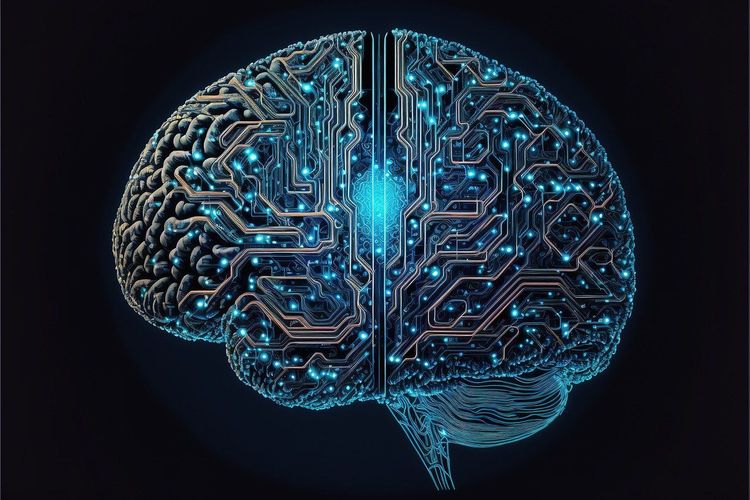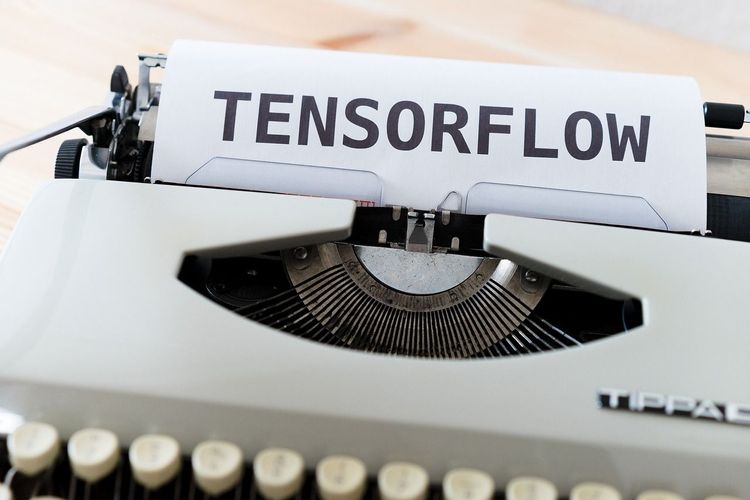As a recovering gamer, I am particularly thrilled about the application of generative AI in creating dynamic dialogue in video games. I am not advocating for AI to replace human writers—heavens no! However, anyone who has invested countless hours in a role-playing game (RPG) can attest that scripted interactions with non-playable characters (NPCs) can quickly become stale.
Several startups are experimenting with AI technology to generate real-time dialogue. Among the most promising is Inworld, which was founded in 2021 by the team behind API.AI. This company created tools for speech recognition and natural language understanding before being acquired by Google in 2016. API.AI later evolved into Dialogflow, Google’s premier conversational AI development platform.
Inworld asserts that it employs multiple machine learning models to replicate the full spectrum of human communication. This ambitious promise could revolutionize gaming: by enabling developers to integrate its dialogue and voice-generating tools with animation and rigging systems in popular game engines and 3D environments, Inworld aims to offer more lifelike and immersive gaming experiences.
Inworld's AI empowers developers to create characters and NPCs capable of chatting—and even acting—autonomously. “The world’s growing interest in creative AI applications places Inworld in a unique position to drive the next wave of interactive entertainment,” said Kylan Gibbs, the co-founder and Chief Product Officer, in an email interview.
Inworld NPCs have the capability to learn and adapt, allowing them to navigate conversations with memory and recall. For example, an NPC may remember that a player enjoys soccer or dislikes another character. These NPCs can also autonomously set goals and perform unexpected actions, enriching the overall gaming experience.
Developers can craft unique personalities for Inworld NPCs by describing them in plain language and linking each character's “emotions” to specific goals and custom triggers. Additionally, users can input “personal knowledge” to define what an NPC should know or not (like lore and world context).
Inworld NPCs also offer optional features to gather information such as a player’s name, role, and game-related details. Depending on their “relationship fluidity” settings, NPCs can be instructed to act either friendly or hostile.
Despite concerns regarding generative AI going awry, Inworld assures that its safety measures—including controls for profanity, bias, and toxicity—ensure characters stay “on brand.” The platform allows flexibility around sensitive topics but prohibits hate speech and self-harm encouragement. Inworld also provides a tool named 4th Wall, which maintains immersion by preventing NPCs from discussing elements outside the game's established lore.
Inworld’s innovative technology has attracted substantial investment, with Lightspeed Venture Partners contributing over $50 million in a recent funding round. Other backers include Stanford University, Samsung Next, Microsoft’s M12 fund, and Eric Schmidt’s First Spark Ventures, bringing Inworld’s total funding to over $100 million, with a post-money valuation of $500 million. Notably, Disney invested in the company through the 2022 Disney Accelerator, and Epic Games provided a grant to integrate Inworld’s platform with Unreal Engine.
Inworld's tools are compatible with leading game engines such as Unity and Unreal Engine. Customer momentum has helped secure backing from prominent brands like NetEase Games, Niantic, LG Uplus, and Alpine Electronics for AI-driven NPC experiences. The company collaborated with ILM Immersive, Lucasfilm’s storytelling studio, to prototype interactive droids and allowed developers to create AI-enhanced character modifications for games like Skyrim, Stardew Valley, and Grand Theft Auto V.
To empower hobbyists and potentially convert them into paying customers, Inworld plans to launch an open-source version of its character creation tool, Character Engine, in the coming months. “Our financial backing allows us to take a long-term approach in supporting the developer community today and remain ahead in the rapidly evolving generative AI landscape,” Gibbs explained. “We are committed to accelerating R&D, investing in infrastructure, and expanding our talent pool, particularly with our open-source parts of the Character Engine.”
As competition intensifies in the generative game AI space, Inworld must carve out its niche. Competitors like Character.AI are also developing tools for dynamic dialogue across various mediums.
Inworld, based in Mountain View and with a dedicated team of 70, is exploring avenues beyond gaming, including marketing, automated customer service agents, and entertainment sectors where competition may be stiffer—but also where opportunities are abundant.
Lightspeed partner Moritz Baier-Lentz, who will join Inworld's board, remarked, “In an AI platform shift, ‘generational’ companies won't just enhance existing workflows with improved tools; they will create entirely new and previously impossible user experiences—like Inworld. Amongst over 200 investment opportunities at the intersection of gaming and AI, Inworld distinctly stands out. While others are merely reacting to this ‘new world order,’ Ilya, Kylan, Michael, and their team are uniquely poised to harness a monumental opportunity.”







